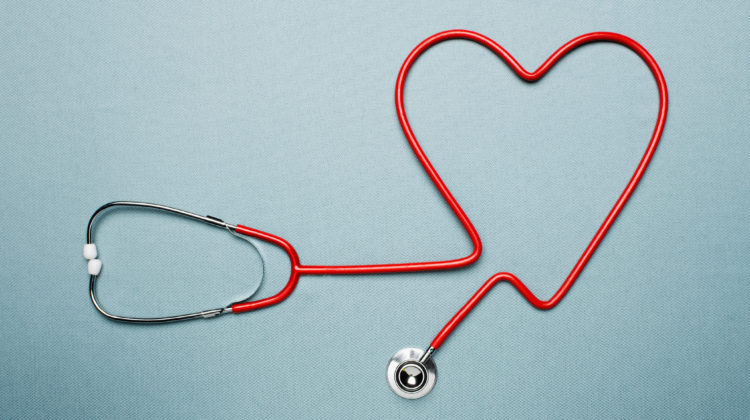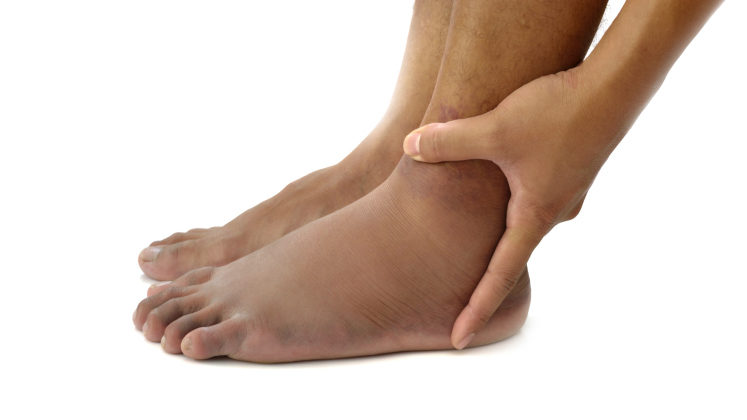
The signs that your heart is in trouble aren’t always easy to identify. In fact, there are a few physical changes that you could be ignoring right now. Let’s look at what you need to know about the subtle and not-so-subtle signs that you need to see a doctor about your heart health.
The Difference Between Signs and Symptoms
The first thing to note is that there is a difference between signs and symptoms. The symptoms of heart disease are well-known and are usually experienced at the time of a cardiac event. These symptoms include chest pain, heaviness in the chest, and shortness of breath. Signs, on the other hand, may not be as jarring and in some cases, can only be seen during a physical examination.
For this list, the signs are ones you’ll notice but a doctor would be able to determine the severity of the condition involved.
Physical Changes That Should Concern You
It’s important to note that there are other illnesses or disorders that can cause the issues below. However, heart problems are still a strong contender, and checking in with your doctor is highly recommended.

Chronic fatigue - This sign is not as simple as getting tired after not sleeping well the night before. If you get tired easily after a light task or doing something routine, it could be a sign of heart disease. Women are more likely to experience this sign than men.
Sleep apnea - This sleep disorder interrupts your breathing at night and has been linked to high blood pressure as well as heart disease. If you snore a lot or recently started snoring, you could be dealing with sleep apnea.
Pain in the jaw and neck - Feeling pain in the throat, jaw, or neck in combination with chest pain or pressure could be a sign of heart disease.
Nausea, heartburn, indigestion, and bloating - Again, women are more likely to experience these issues than men. While other conditions can cause them, note that persons usually report feeling this way before having a cardiac event.
Pain or numbness in the legs when walking - You might experience pain in the legs during and after exercise but if the pain stops when you’re no longer moving, it could be a sign of peripheral vascular disease.
A persistent cough - If you have a persistent cough and a family history of heart disease, it could be a sign of trouble. White or pink mucus is a definite cause for concern as they are linked to heart failure.
Swelling in the legs, ankles, or feet - Any swelling in the extremities could indicate that there’s an issue with your circulation. Heart failure can also affect how well the kidneys work, which in turn causes swelling in the lower limbs.

Swollen or bleeding gums - Poor oral hygiene aside, dentists have established a definite link between gum disease and a poorly functioning heart. Consistent swelling or bleeding in the gums is a clear indication to see your doctor.
Yellow bumps on the skin - These yellow bumps occur under the skin when your cholesterol levels are too high. These fat deposits can appear on the eyelids, knees, elbows, hands, or feet.
Male pattern baldness - According to some reliable studies, there’s a link between losing hair at the top of the head and heart disease. Health professionals have suggested that it’s caused by high levels of testosterone which can affect hair growth and harden the arteries.
Additional Considerations For African Americans

According to recent statistics, African Americans are more likely to be affected by heart disease than other ethnicities. African American women, in particular, are almost twice as likely to have a stroke. Even though many women over the age of 20 are being affected by heart disease, only a small percentage of them realize how serious it can be. This information makes it even more important for black women to pay attention to changes in their bodies that could point to an issue with their hearts.
While it’s true that these physical changes don’t always point to an issue with your heart, there’s no harm in confirming things with your doctor. A regular check-up might show heart disease, another underlying condition, or nothing at all. When it comes to your health, it’s always better to know.









